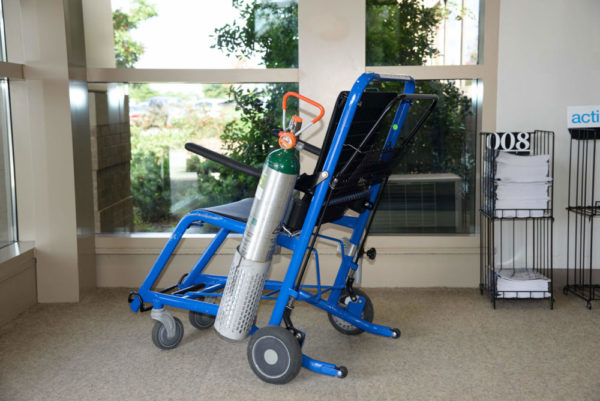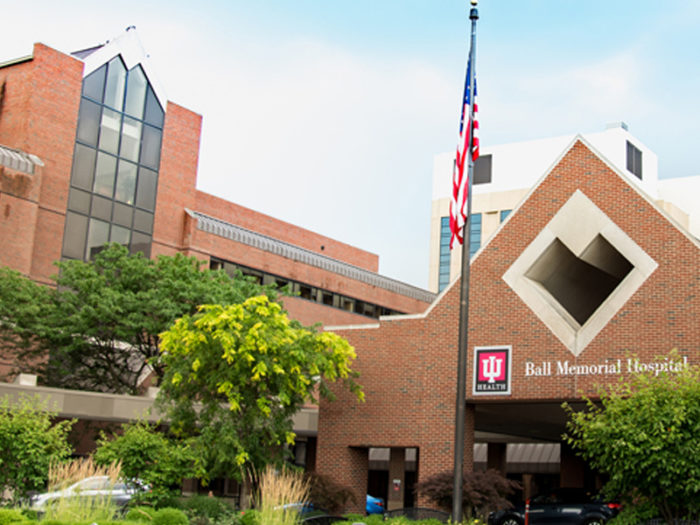An LTACH or Long-Term Acute Care Hospital is not a term you may be familiar with. This is a special type of hospital that focuses on the long-term, in-patient treatment of individuals suffering from a critical medical need that requires a specialized level and extended term of care. Often, we refer to our LTACHs as Critical Illness Recovery Hospitals because we specialize in helping people recover from critical illnesses.
Although they’re often confused with a long-term care facility because of their name, a long term acute care hospital (or LTACH) is a hospital in every sense of the word. The only difference in an LTACH and the regular hospital is that an LTACH is designed for patients who need care for a more extended length of time.
The process of making decisions about care for you or your loved one can be confusing and intimidating, so we’ve broken down exactly what an LTACH is. We’ll look at its benefits, and we’ll delve into how it differs from other care options, what conditions are best treated in an LTACH setting, and who you can expect to pay for the care.
Why Would My Doctor Recommend a Critical Illness Recovery Hospital?
While a traditional hospital may average a four to five day patient stay, the average length of care in a long term acute care hospital (LTACH) is 25 days[1]. The care received in an LTACH though is exactly the same level you would expect in a traditional hospital.
They have similar nurse ratios, daily physician rounds, and even the capacity for surgery. This means that if you or a loved one has a hospital-level medical condition that requires a lengthy stay, up to and including surgery, an LTACH may be your best option.
In addition to the average length of stay, an LTACH also differs from a traditional hospital in that, while a hospital may offer many generalized services, an LTACH tends to be specialized. These long-term hospitals focus on offering expert care for a smaller number of conditions, ensuring that patients who fit these categories receive the highest standard of care possible.
Patients in an LTACH benefit from intensive interventions, from wound care and infectious disease management to cardiac monitoring, antibiotic infusions, and ventilator weaning. Put simply, compared to a traditional hospital, an LTACH handles care for patients who are sicker, require a longer length of care, and have a specific condition, illness, or need the facility specializes in.
In general, an LTACH will receive patients directly from the intensive care unit (ICU) of a traditional hospital although this may vary depending on your or your loved one’s medical needs.


